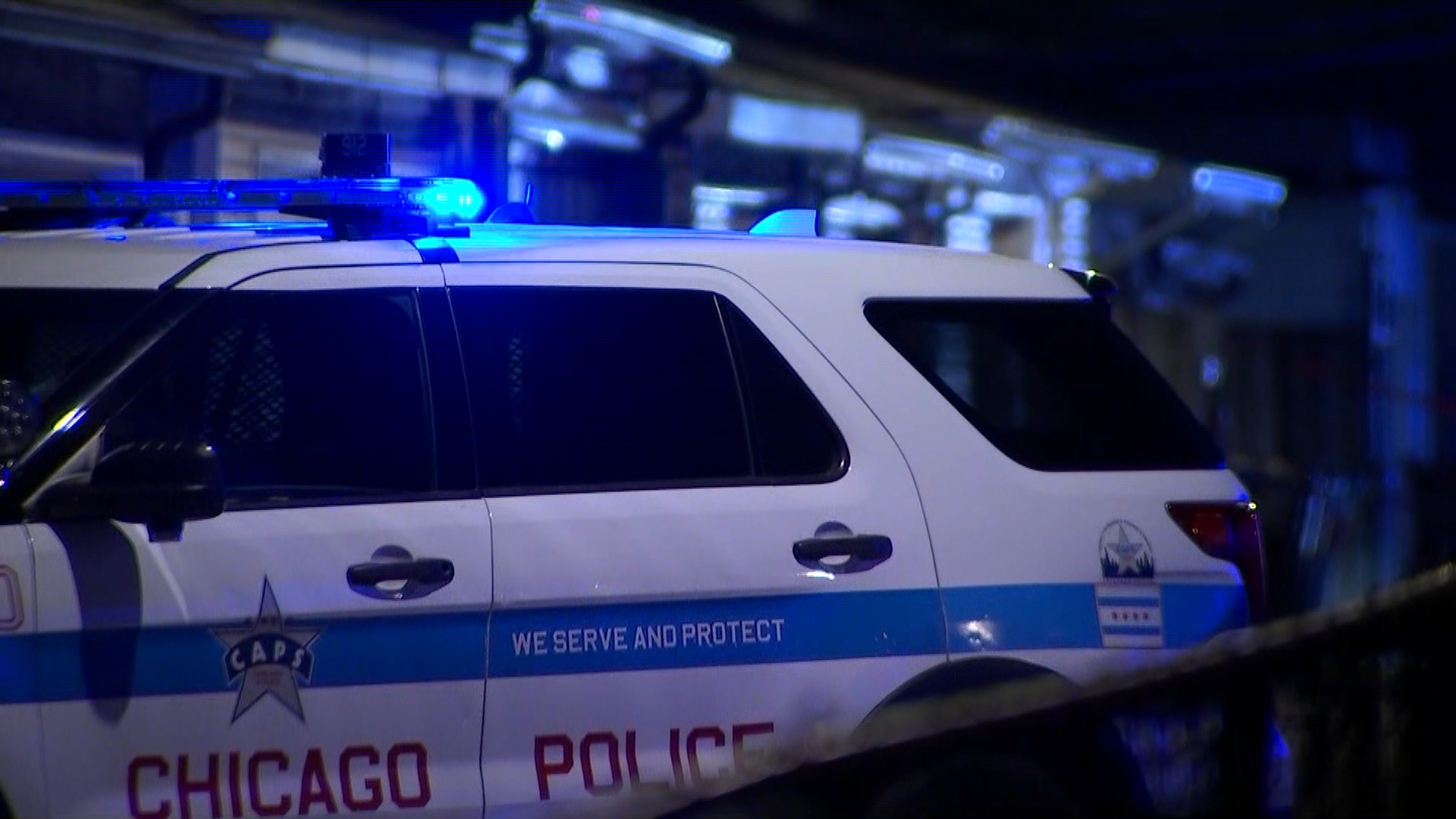Six years after the change was initially approved, Illinois' Smoke Detector Act officially took effect on Jan. 1, marking a new requirement for smoke detectors used in Illinois buildings and homes.
The law states that any smoke detectors must have a "self-contained, non-removable, long-term battery."
According to the Illinois Fire Safety Alliance, which worked with the General Assembly to pass the change, it applies to "residents that are still using alarms with removable batteries or alarms that are not hardwired."
There are a couple of exceptions, however.
Feeling out of the loop? We'll catch you up on the Chicago news you need to know. Sign up for the weekly Chicago Catch-Up newsletter here.
According to the bill, the battery requirements do not apply to fire alarms, smoke detectors, smoke alarms, or other components "electronically connected to specified alarm systems," which use a low-power radio frequency wireless communication signal, Wi-Fi or any other wireless local networking capability.
The change also will not apply to "dwelling units and hotels within municipalities with a population over 1,000,000 inhabitants."
Smoke alarms in homes built after 1988 that have battery-powered detectors can leave them in until they exceed 10 years from their manufacturing date, unless they fail to respond to tests or malfunction, according to officials.
Local
Those in violation of the law after Jan. 1, 2023 will have 90 days to change their smoke detectors or risk being assessed a fine of up to $100, which can be applied every 30 days until the violation if rectified, up to $1,500.
The Illinois Fire Safety Alliance said the change was made to "reflect advances in alarm technology."



